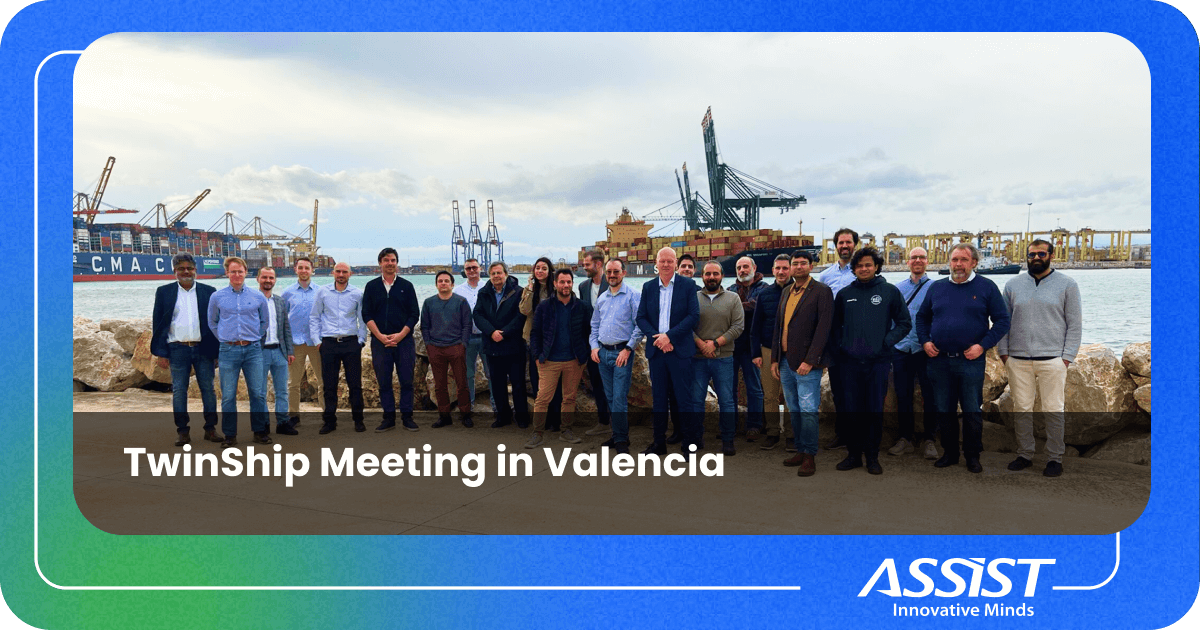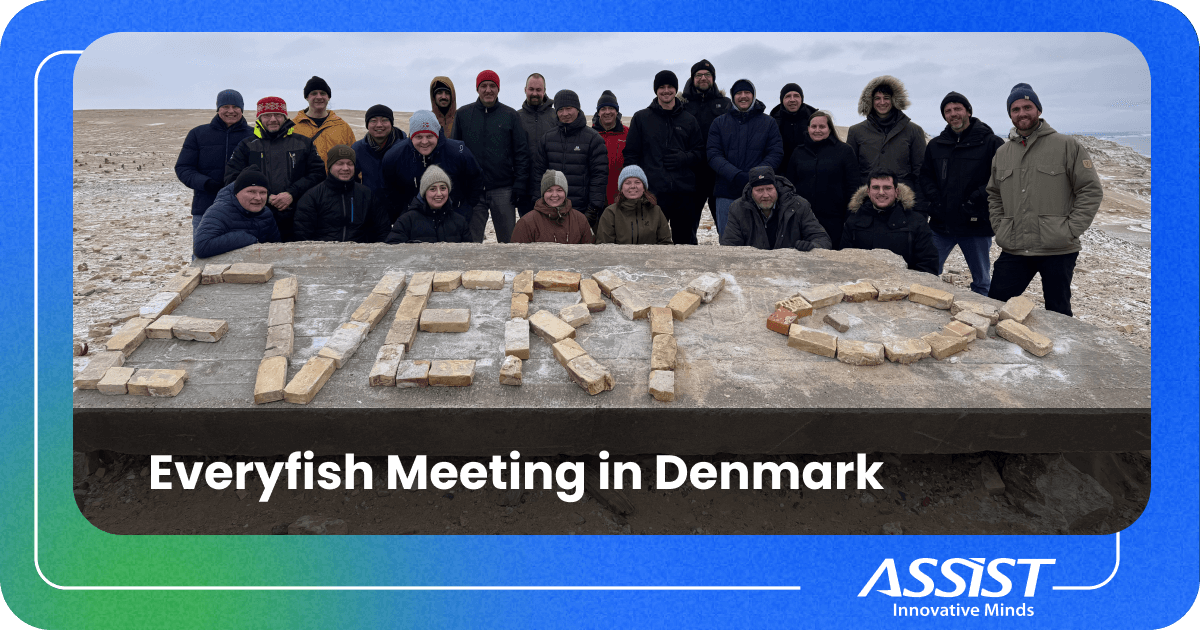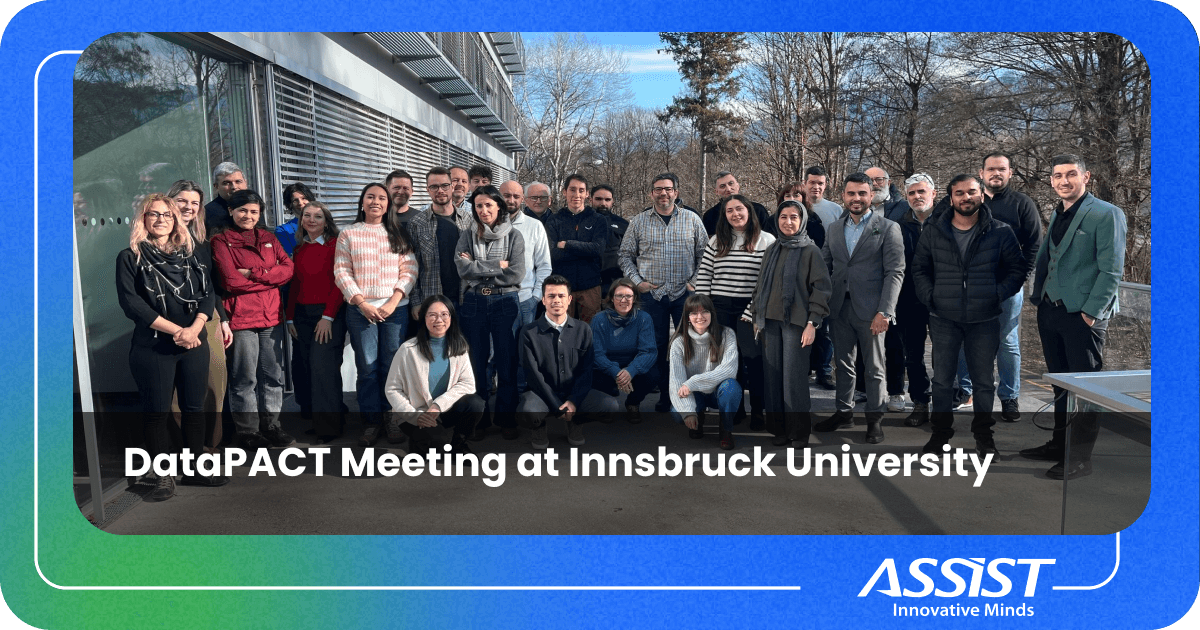CounteR Project Newsletter #8

The CounteR consortium is announcing the release of the 8th project newsletter, which covers all upcoming major events marking the final stage of this challenging and rewarding three-year journey:
- The Second CounteR Webinar, which will take place at the end of January 2024, focused on the role of Large Language Models in countering radicalization.
- The Sixth Technical Meeting and the Fourth CounteR platform piloting event, planned for early February 2024, in Lisbon, Portugal.
- The CounteR Project Spring Conference, planned for 14-15 March 2024 in Milan and will be hosted by UCSC. The conference is designed to present the project details and to generate discussions related to radicalization and the use of TRA-Is (Terrorism Risk Assessment Instruments).
- External Stakeholders Demo Event (March 2024)
Explore our 8th newsletter to learn more about CounteR’s collaboration with the TCO Cluster (Terrorist Content Online), which will generate numerous opportunities for synergies and shared visions with the project team.
CounteR demonstrates its commitment to Open Science principles by continuing to actively publish its research findings, adhering to a transparent and collaborative approach that promotes accessibility and knowledge sharing within the broader scientific community. Our newsletter covers nine of our most recent research articles, exploring large language models, hyperbolic networks, hate speech detection models, automated identification of risky users in social networks and other fascinating research areas.
Discover more valuable insights by accessing the newsletter on the CounteR website.
We remind you that the Privacy-First Situational Awareness Platform for Violent Terrorism and Crime Prediction, Counter Radicalization and Citizen Protection Project or CounteR is funded by the Horizon 2020 program of the European Union and submitted under the H2020-SU-SEC-2020 call for proposals, with project ID 101021607.



